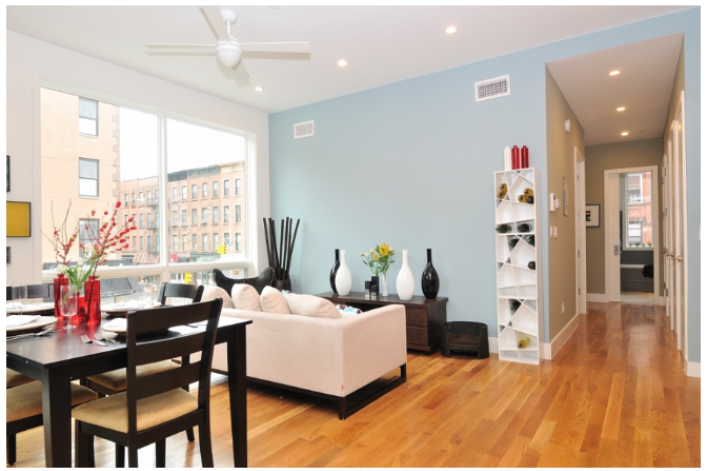Ask an Expert: We're leaving New York. Should we sell our Brooklyn condo or rent it out?

Q. We are moving to another state and debating whether we should sell or rent out our Brooklyn condo. What should we consider when making our decision?
A. You'll need to consider everything from how much you stand to profit under each scenario to your own appetite for the ups and downs of landlording, say our experts.
"First and foremost, you should seek advice from their financial planner and tax advisor to see what makes the most sense for your particular situation," says real estate attorney Adam Stone of Regosin, Edwards, Stone & Feder. "Meaning does it make financial sense to keep the apartment as an asset, or would it make more sense to sell, liquidate, and diversify?"
Next, suggests real estate broker Gordon Roberts of Warburg Realty, "have the apartment evaluated by real estate brokers with a track record in your neighborhood – say, three brokers from different firms who specialize in rentals, and three others who specialize in sales. Get their opinion of value, and ask for recent comparables. In the current market, chances are that all of them will say they can easily find a buyer or tenant for you."
It's likely that in the current real estate market, you'll find no shortage of buyers or renters.
"Currently in Brooklyn, the sales environment favors sellers over buyers," says real estate broker Mike Akerly of Akerly Real Estate. "The majority of well-priced properties are seeing multiple bids are selling quickly. That being said, the rental market is also strong, though seasonal demand doesn't typically peak until the summer."
Akerly (who, in addition to his day job as a real estate broker, is a small landlord himself and the author of BrickUnderground's Rent Coach column) recommends taking a close look at your building's bylaws to spot any turnoffs for renters or unexpected expenses.
"What are the application fees?" he asks. "Are renters subject to any special rules that don’t apply to owners--for example, pet restrictions or amenity access? These things would be important to a prospective tenant."
You should also check the political temperature of your building's board--specifically, its attitude toward renters, notes co-op and condo attorney Dean Roberts of Norris McLaughlin & Marcus. Some boards-- seeking to decrease the number of renters in the building for lifestyle and other considerations--are beginning to implement fees and review processes designed to discourage sublets, he says.
"Most of them are in the discussion phase and a few have put policies in place," says Roberts. "It's not a clear trend yet, but it's getting there."
Once you have a sense of the rent your place could command and any impediments in the way of commanding it, determine whether the amount will cover your debt service (assuming you have a mortgage), common charges and property taxes, says Akerly, as well as projected maintenance, repairs, and a 'loss factor' for the inevitable vacancy.
"Landlords should also always make sure they have a reserve fund from which they could maintain the property in the event it’s not cash flowing at any given time," says Akerly.
You should also think about whether you're prepared for the hassles of being a long-distance landlord.
"It's not for everybody," notes Stone, "especially if you're not going to living locally anymore."
Other factors to consider: Whether you might want to return to your condo one day as well as whether you can live comfortably in your new area without selling your condo, says asset manager and real estate broker Roberta Axelrod of Time Equities.
Timing may be important too.
"If you need to move immediately, you will need a broker that can manage all showings and possibly maintenance of the property until it sells," says Akerly. "You’ll also want to consider the disadvantages of showing a vacant, empty property after your furniture has been moved out. It could take months for the property to go into contract and then close, so you will have to be prepared to wait that out while delaying your move or from your new home in another state."
Finally, if you choose to rent out your unit, remember to tell your condo insurance company or broker.
"Coverage is voided if you no longer reside in the apartment," says apartment insurance broker Jeff Schneider of Gotham Brokerage. Your policy will need to be rewritten to provide approriate coverage.
Trouble at home? Get your NYC apartment-dweller questions answered by an expert! Send us your questions.
See all Ask an Expert.
Related posts:
BrickUnderground's 7-step guide for first-time landlords
How much is a higher floor worth?
NYC Renovation Questions: Does renovating your kitchen pay off when you sell?



























